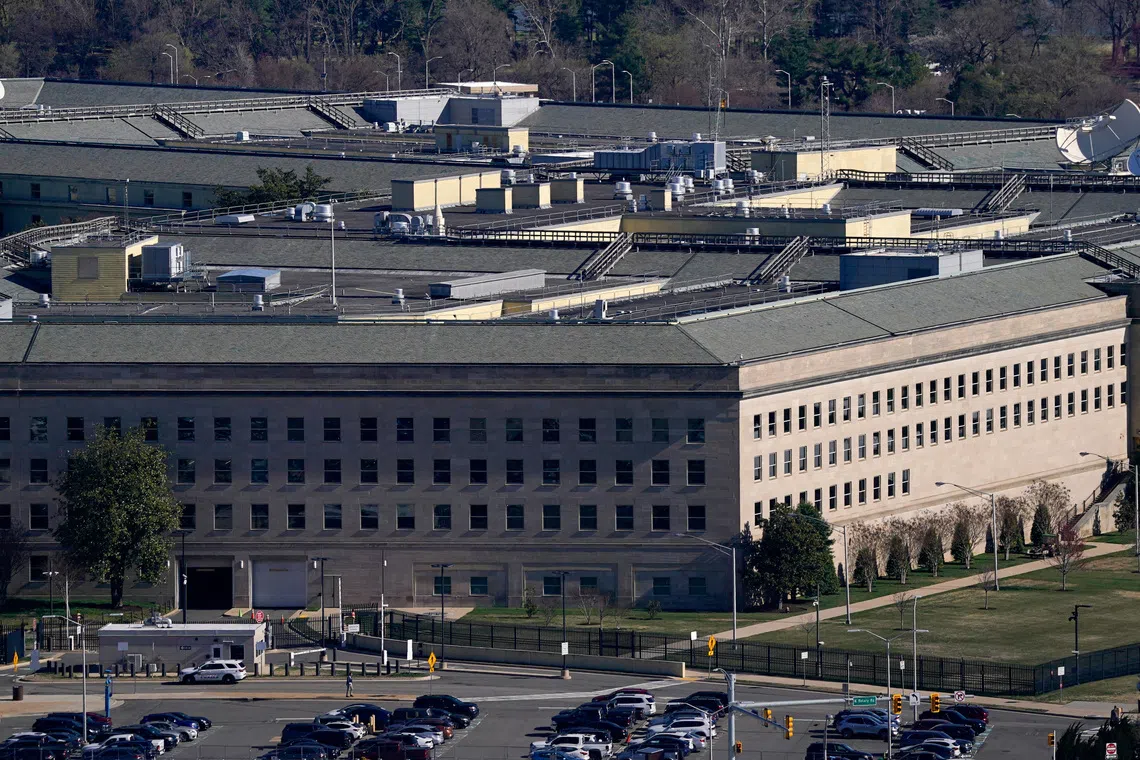US Defence Department relaxes rules over press access to Pentagon
Sign up now: Get ST's newsletters delivered to your inbox

Journalists needing credentials to the Pentagon will not need approval from the US Defence Department before publishing articles with information not officially released.
PHOTO: REUTERS
WASHINGTON – The US Defence Department on Oct 6 loosened and clarified its new restrictions for press access to the Pentagon, after more than two weeks of negotiations with US national news organisations.
Under the rules, journalists requiring credentials to the Pentagon will not need approval from the department before publishing articles with information not officially released. News organisations widely interpreted an earlier draft as requiring that approval, drawing their condemnation.
“Members of the news media are not required to submit their writings” to the department before publication, the new draft says. The draft does, however, outline rules under which journalists could be deemed “security risks” and have their credentials revoked.
News outlets that want access to the Pentagon will have a week to review the policy and decide whether to sign it.
Failure to sign it could leave them without press credentials to enter the Pentagon.
By signing the policy, a reporter acknowledges the enclosed policies and procedures, “even if I do not necessarily agree with such policies and procedures”.
The Pentagon Press Association, the group that lobbied for access for news organisations at the Pentagon, did not have an immediate comment on the policy.
Pentagon reporters have had access to the building’s corridors for decades, but US Defence Secretary Pete Hegseth has curtailed the privilege
In May, a memo from Mr Hegseth barred reporters from important areas, including around the US Defence Secretary’s office, without an official escort. The measure, the board of the Pentagon Press Association said in a statement at the time, “appears to be a direct attack on the freedom of the press and America’s right to know what its military is doing”.
In a social media post in September, Mr Hegseth described the changes as a populist transformation
“The ‘press’ does not run the Pentagon – the people do,” he wrote. “The press is no longer allowed to roam the halls of a secure facility. Wear a badge and follow the rules – or go home.”
Those changes troubled media lawyers. In a Sept 22 letter to the Pentagon, the Reporters Committee for Freedom of the Press argued that the rules contained ambiguous language about journalists’ obligations, particularly the apparent requirement to seek approval from the government for articles that contained even unclassified information. NYTIMES


